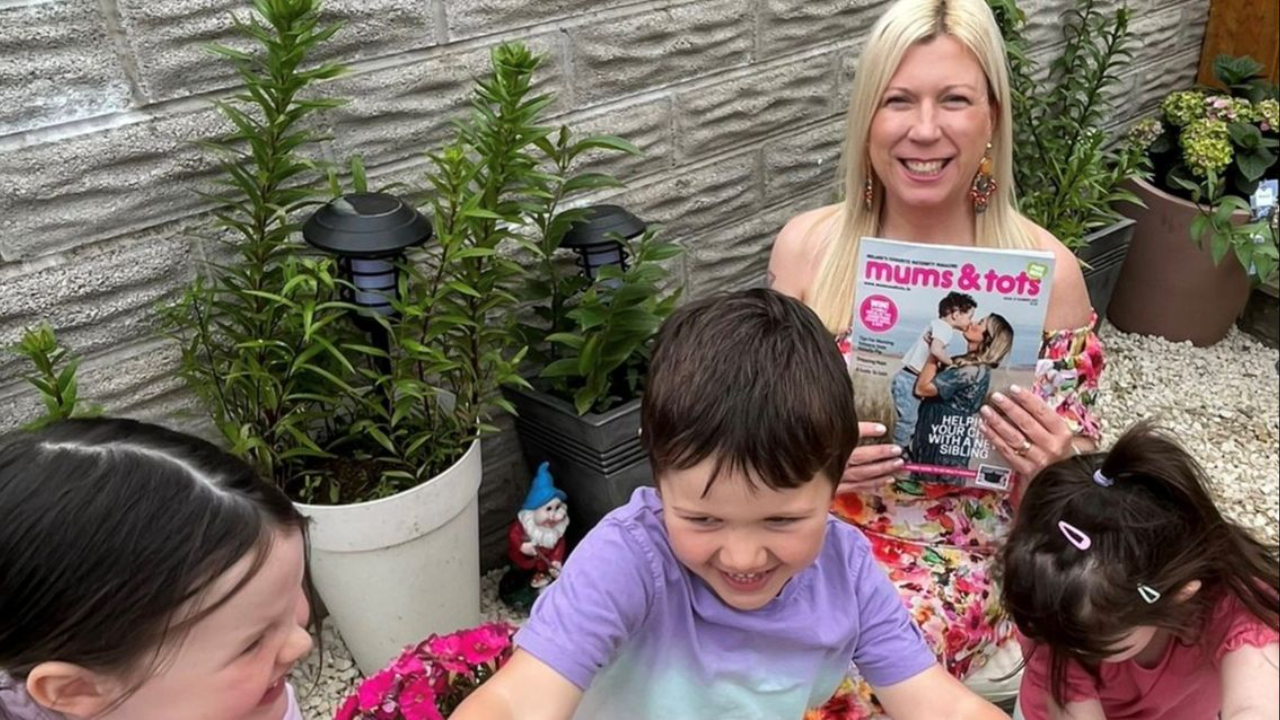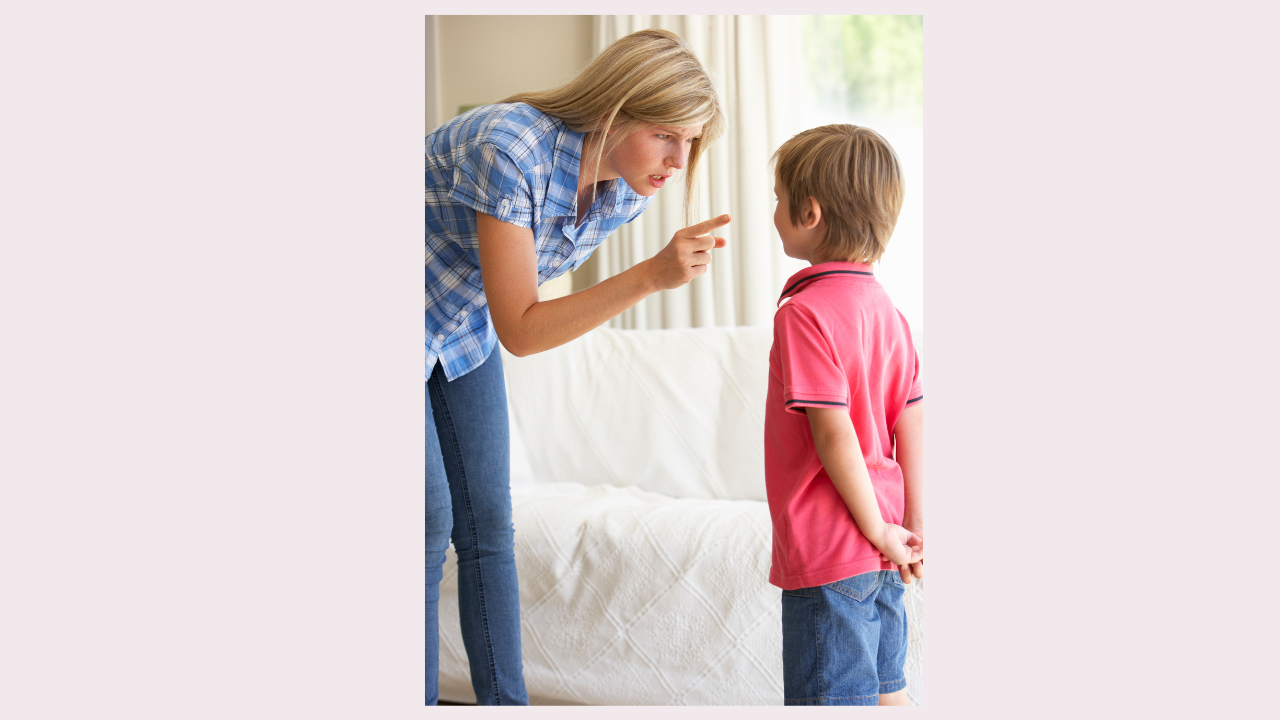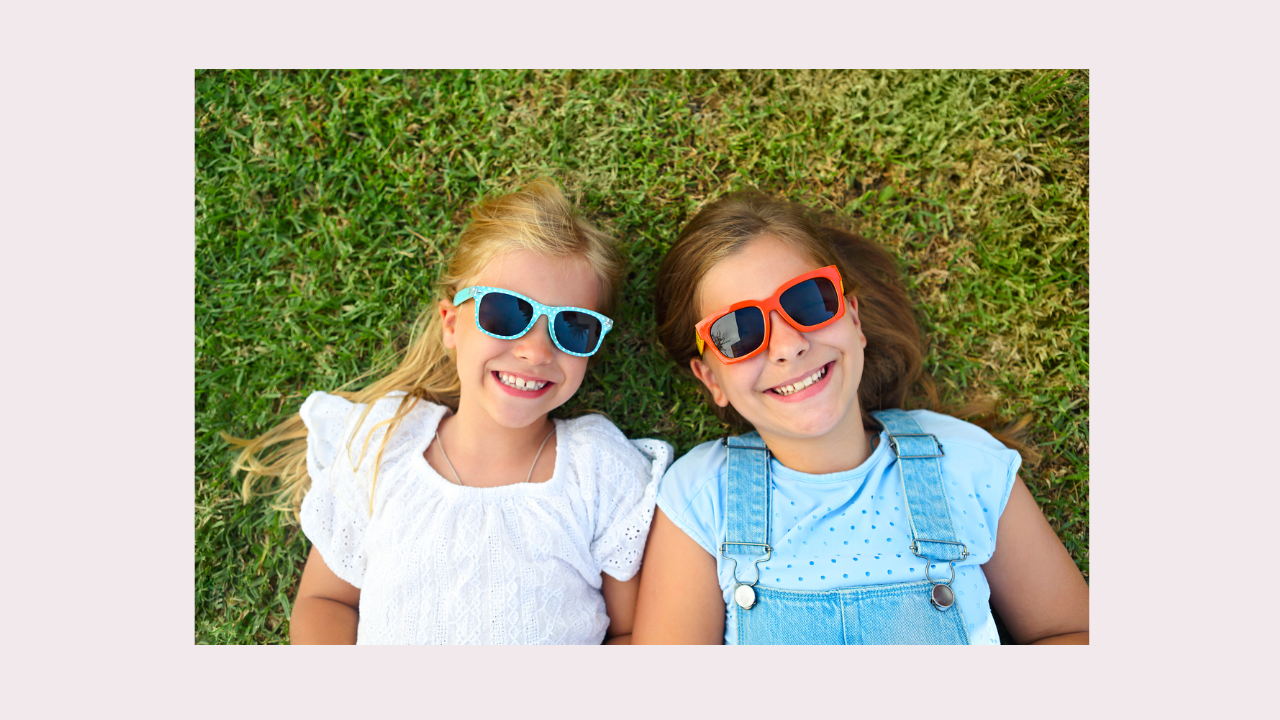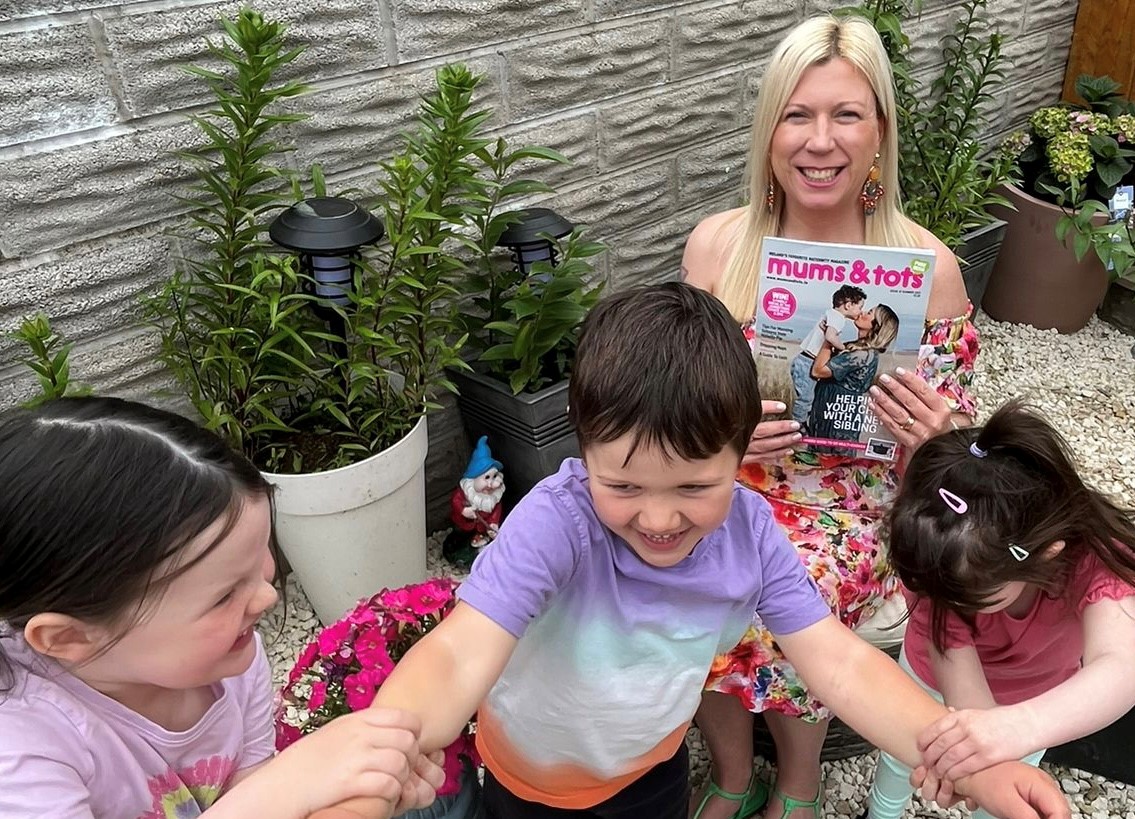
FRIENDLY FUN
Your kids won’t always be your number one fans and that’s okay.
It means you’re doing your job as a responsible parent.
There’s no good cop, bad cop. but when it comes to parenting, you have to find the courage to be disliked sometimes.
Whether your children think you’re right or wrong, or how much you may doubt yourself, you’re your child’s leader always.
Your role is to stay confident and calm while providing rules and routines for them to follow.
This is hard to do on an equal footing as a best mate.
Parental love can sometimes mean tough love, such as making them go to bed on time or even depriving them of a mobile phone!
One thing we can’t do though is choose our children’s friends, but that’s not always such a bad thing.
When our children are young, we have influence over their playmates. But, once they start childcare or school, it’s by chance who they get on with and why.
This shouldn’t matter too much as children are innocent when young, their only goal is having fun!
Yet, this friendly influence can change throughout school. This is when friends become more important to your child’s wellbeing and mental state.
Once they start school and spend most of their time away from us, this is when we feel our own sense of influence slipping, as their individuality takes form and their ideas and outlooks on life change, often conflicting with our own.

In infant school, children generally gravitate toward a group or a friend who likes to play the same games or shares similar interests as they do. Then when they reach junior school, they start to form genuine friendships. These change again in high school, where they meet new people and friendships become more discerning and taken more seriously.
These early friendships hugely impact children, offering a sense of belonging and helping them to learn about relationships. They provide them with the social skills needed for later on in life when they’re adults. There’s also research suggesting the negative impact not having friends can have on children, both now and later on in life too. Making and losing friends is a natural part of life and as your child grows, develops and changes, so too will their friendships.
Although we can do a lot for our children, we cannot be their best friends, no matter how hard we try.
Our sense of humour will be on a completely different wavelength to theirs. And we can’t help but to see life from a grownup perspective. While our children, without experience, can’t view life from our point of view.
As adults, we have the advantage of having gone through what they are going through. We learn so much from our experiences, yet forget so much that usually we can’t relate to how our children are thinking or feeling. Our different beliefs, experiences and motives, make it hard to understand each other, let alone share the same points of view.

FRENEMIES
Friends, though, play such an important role in teaching our children the lessons that we can’t.
As parents we don’t want to be the ones to show our children all those negative emotions, such as jealousy or anger. That’s not the role of a loving parent, but friendships involve handling those uncomfortable emotions.
Although these may not seem like positive experiences at the time, especially when they cause children to fall out with friends, they’re vital in helping children to learn and grow.
Even when their friendships evoke anger, jealousy, rejection, betrayal, aggression, fear, and sadness. They’re all-important emotions for children to encounter, so they can learn how to deal with them in both themselves and in others.
Children can’t learn how to manage conflict or cope with these types of emotions by explanations alone. They have to experience them first-hand and understand how these emotions make them and other people feel. That’s why enemies can become our children’s best friends or frenemies. But more than that, friends can support one another and help foster self- esteem.

Special thanks to Seren (left) Finley (centre) and Elaina (right) for demonstrating great frenemies :-)
You can read the full article on why Frenemies are good, and why as parents it’s important to build good relationships with our children’s friends, especially if we don’t like them, in the summer 2023 issue of mums and tots magazine on sale now!
Mums & Tots is now available digitally on Magzter too follow the link to get your free reading access https://magzter.page.link/Ts2KrRkdjZohp42j8
Stay Present, Em x
Stay connected & join our Newsletter Mumatherapy Motivations for working mums in need of some weekly motivation with tips & Support.
RELAX, RESTORE & RESET!
Download your free Mumatherapy Muma Got Goals Free Goal Book & Easily Achieve Your Goals
Don't worry, your information will not be shared.
We hate SPAM. We will never sell your information, for any reason.
